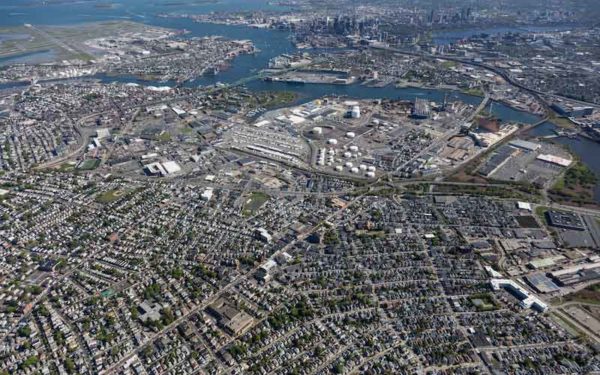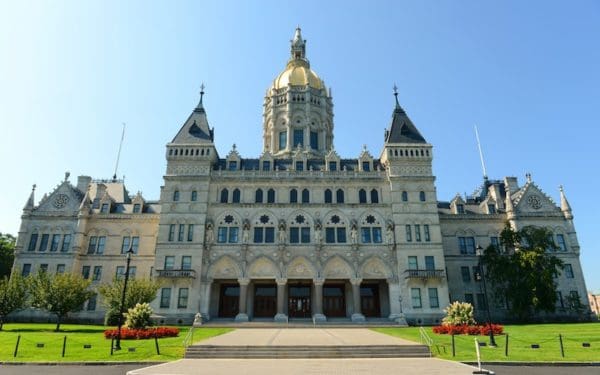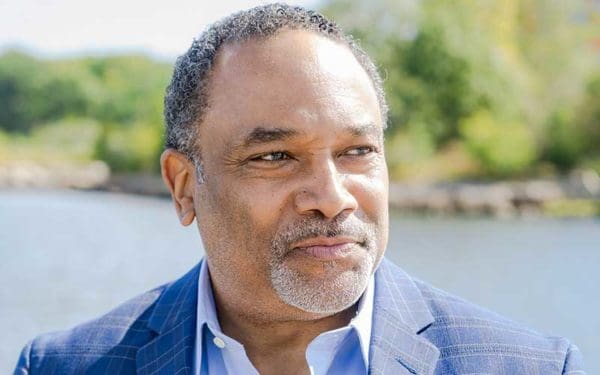Jan 07, 2022
“The PUC continues to dig its feet in on its radical and arbitrary decision, and New Hampshire families will pay the price,” said CLF attorney Nick Krakoff. “Energy efficiency programs help us reduce our energy use, which means lower bills and less damaging climate pollution from fossil fuels. This devastating blow to families, businesses and our planet cannot be allowed to stand, and CLF will continue the fight to overturn this irresponsible action from the PUC.”
Jan 04, 2022
CLF’s unique social investment funds flip that script. With our business, philanthropic, and community partners, we have created a national model for ensuring that change is led by the people already living in a neighborhood, united by a common vision for their future.
Dec 27, 2021
Removing the incentives and rebates for heat pumps as called for by the oil dealers would only punish those who don’t have the resources to choose a cleaner, healthier and cheaper way to heat, cool and dehumidify their homes and businesses. There is nothing just or equitable about that. Stay the course, Maine.
Dec 23, 2021
Greg Cunningham, director of the climate and clean energy program at the Conservation Law Foundation in Massachusetts, has been pleased to see that the struggles to pass major legislation have ended in success in many places.
“I would say that the last two years there has been more activity than I’ve seen in my 15 years of doing this,” said Greg Cunningham.
Dec 22, 2021
“Judge Wolf saw right through Exxon’s attempts to further delay this case,” said CLF President Bradley Campbell. “The longer this case goes on, the greater chance of a major storm exposing just how vulnerable this facility is, which would be catastrophic for surrounding neighborhoods and for Boston Harbor. This was yet another desperate attempt by Exxon to hide what it knows about the climate crisis.”
Dec 16, 2021
“The actions announced today give Connecticut’s communities vital new tools to combat climate impacts,” said CLF attorney Shannon Laun. “We know this crisis won’t affect everyone equally, so the Governor’s focus on environmental justice and equity is absolutely critical. We’ll be pushing our leaders to go further by strengthening climate targets, adopting stronger vehicle emissions standards, accelerating the transition to electric vehicles, and rapidly phasing out fossil fuels.”
Dec 10, 2021
“The PUC has dealt a devastating blow to New Hampshire families, businesses and our planet,” said CLF Attorney Nick Krakoff. “Energy efficiency programs help us reduce our energy use, which means lower bills and less damaging climate pollution from fossil fuels. The absurd and arbitrary decision to do away with these popular programs must be overturned.”
Dec 08, 2021
We must learn as a people to protect not only ourselves and the environment but also to fight another form of systemic and institutional racism that is killing us all – environmental racism.
Dec 07, 2021
As we reflect on what went wrong at last month’s global climate conference, we can find hope in everything we’ve accomplished in New England. Our fight isn’t over yet.
Dec 03, 2021
Vermont just released a roadmap to reach the targets of our Global Warming Solutions Act. Let’s dive into some of what it got right and what needs more work.







